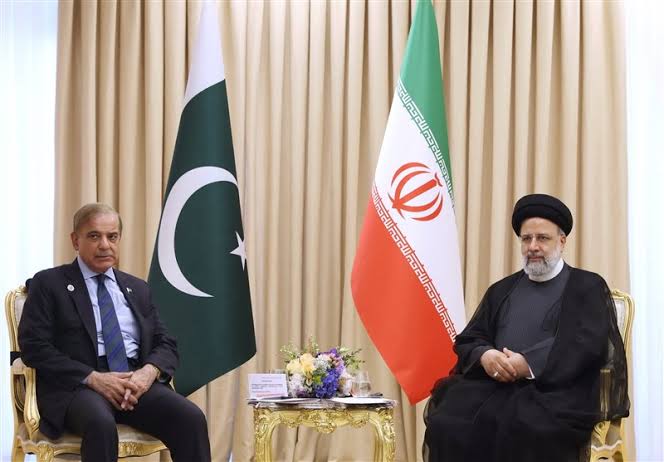As the war between Israel and Iran escalates into one of the most dangerous Middle East confrontations in decades, ripple effects are being felt far beyond the battlefield.
Among the most immediate—and symbolic—reactions has been Pakistan’s decision to seal its border with Iran, particularly the vital Taftan crossing in Balochistan province.
Border Shut, Messages Sent
Though the closure may appear to be a routine security measure, its implications run far deeper. It touches on Pakistan’s geopolitical alignment, economic vulnerabilities, humanitarian responsibilities, and its own internal fragilities.
The first practical trigger for Pakistan’s move was Iran itself. As Iran braced for potential Israeli retaliation and activated its air defense systems, it closed the border on its side at Taftan.
Pakistan responded in kind, citing “mutual coordination” and safety precautions.
But the gesture carries powerful symbolism.
Pakistan does not recognize the state of Israel and explicitly bans travel to the country on its passports. The ongoing war provided Islamabad an opportunity to reinforce that ideological position.
By shutting the border at a moment when Iran was under attack from Israeli missiles, Pakistan signaled solidarity—not just with a neighboring nation, but with a broader anti-Israel posture rooted in its long-standing support for Palestinian statehood.
A Lifeline Closed for Trade and Pilgrimage
Beyond the politics, the Taftan crossing is an economic and humanitarian artery. Hundreds of Pakistani Shia pilgrims travel to Iran and Iraq each week through this route, visiting religious sites in Mashhad, Najaf, and Karbala.
The sudden closure left thousands stranded in Iran as flights were grounded and airspace closed across the region.
While Pakistan has since initiated security-escorted land convoys to bring its citizens home, the risk remains.
Any further escalation could trap civilians in a war zone or overwhelm border officials with returnees.
Trade has taken a hit, too. The informal economy of southwestern Pakistan, particularly Balochistan, relies heavily on cross-border commerce with Iran.
Goods such as fuel, fresh produce, medicines, and building materials are now in short supply. Local traders, daily wage earners, and border transporters are paying the price.
In districts like Panjgur, Mand, and Chagai, where government presence is already limited, this economic disruption risks adding to existing grievances.
Tensions at Home and Abroad
The closure also highlights a less visible danger: sectarian and regional tensions within Pakistan itself. Balochistan is a province already plagued by ethnic insurgency, religious militancy, and poverty.
It is home to both Sunni and Shia populations, and the war between Iran (a majority Shia state) and Israel risks inflaming passions on both sides.
Security has been ramped up at the border, not only to guard against potential spillovers from the conflict but also to prevent any local flare-ups.
Meanwhile, the threat of cross-border militant activity—either pro-Iranian or anti-Iranian—is being closely watched.
To Pakistan’s west, Afghanistan adds another layer of complexity. Iran currently hosts over a million Afghan refugees.
Any Israeli attack that destabilizes Iran further could force many to flee toward Pakistan, raising fears of a refugee spillover.
With both borders now more tightly controlled, the humanitarian corridors for these displaced populations are narrowing.
A Balancing Act Under Fire
Pakistan’s border closure is thus more than a response to military activity—it is a geopolitical balancing act. It seeks to:
Signal ideological alignment with Iran and Palestine without becoming militarily entangled.
Manage civilian safety while avoiding domestic unrest.
Maintain economic lifelines while navigating a collapsing regional security landscape.
This is a high-wire act—and it’s being performed in the midst of growing instability.
Conclusion
As global powers wrestle with the widening fallout from the Iran–Israel war, Pakistan’s border decision offers a window into the many ways a single conflict can ripple across regions, systems, and societies.
For Islamabad, it’s not just about border control—it’s about navigating identity, ideology, survival, and sovereignty all at once.
And in wars like these, sometimes the most telling decisions aren’t made with missiles—but with gates.







